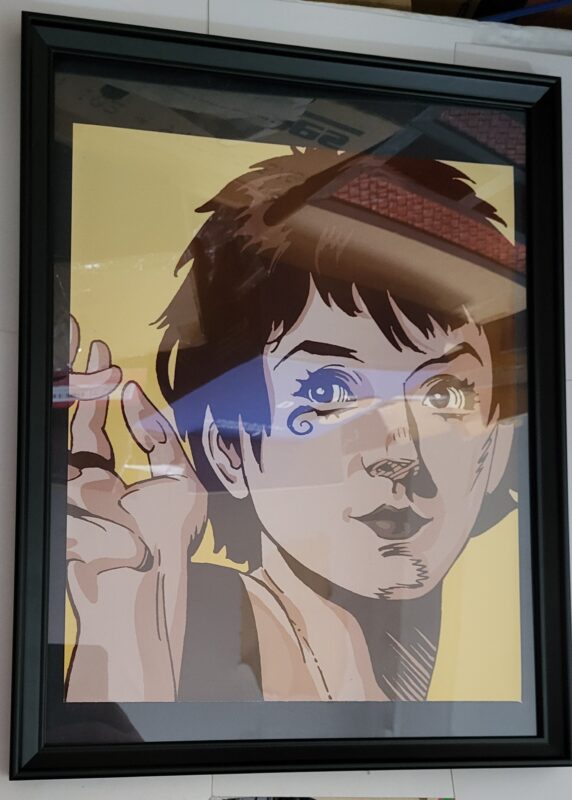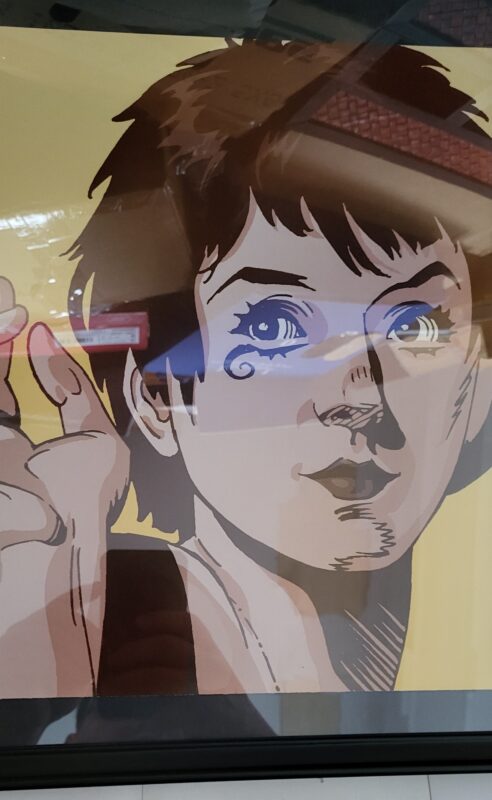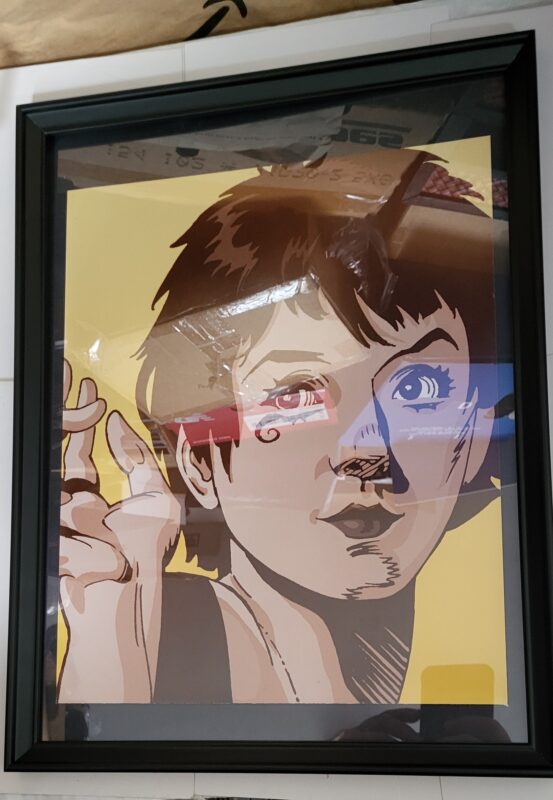Sandman Pin-up #97 FRAMED Death and Venice by P Craig Russell Wave Endless
$99.99
Description
Frame is brand new and shrinkwrapped until time of sale. Ships boxed with packing peanuts. Email with questions before purchase. FRAMED POSTERS MAKE A GREAT GIFT!!!
These pin-ups are art from one of the Sandman Calendars. The Sandman is a British-American comic book series written by Neil Gaiman and published by DC Comics. Artists include Sam Kieth, Mike Dringenberg, Jill Thompson, Shawn McManus, Marc Hempel and Michael Zulli, lettering by Todd Klein, and covers by Dave McKean. Beginning with issue #47, it was placed under the imprint Vertigo. It tells the story of Dream (of the Endless), who rules over the world of dreams. It ran for 75 issues from January 1989 until March 1996, with Gaiman’s contract stipulating that the series would end when he left it.
The main character of The Sandman is Dream, also known as Morpheus and other names, who is one of the seven Endless. The other Endless are Destiny, Death, Desire, Despair, Delirium who was once Delight, and Destruction who turned his back on his duties. Each of the brothers and sisters inhabit and are the anthropomorphic personifications of their concepts. The Sandman is a story about stories and how Morpheus, the Lord of Dreams, is captured and subsequently learns that sometimes change is inevitable.
The Sandman was one of Vertigo’s flagship titles, and is available as a series of ten trade paperbacks. Critically acclaimed, The Sandman was one of the first few graphic novels ever to be on the New York Times Best Seller list, along with Maus, Watchmen and The Dark Knight Returns. It was one of five graphic novels to make Entertainment Weekly’s “100 best reads from 1983 to 2008”, ranking at 46. Norman Mailer described the series as “a comic strip for intellectuals.”
In a Q&A panel at Comic-Con 2007, Gaiman remarked, “I’d rather see no Sandman movie made than a bad Sandman movie. But I feel like the time for a Sandman movie is coming soon. We need someone who has the same obsession with the source material as Peter Jackson had with Lord of the Rings or Sam Raimi had with Spider-Man.”. That same year, he also stated that he could imagine Terry Gilliam as a director for the adaptation : “I would always give anything to Terry Gilliam, forever, so if Terry Gilliam ever wants to do Sandman then as far as I’m concerned Terry Gilliam should do Sandman…” In 2013, DC Chief Diane Nelson says that a Sandman film will be as rich as the Harry Potter universe. It has been announced that David S. Goyer will be producing an adaptation of the graphic novel, alongside Joseph Gordon-Levitt and Neil Gaiman. Jack Thorne has been hired to write the script. It was announced that the film will be out in Christmas 2016.
The Sandman’s main character is Dream, the Lord of Dreams (also known, to various characters throughout the series, as Morpheus, Oneiros, the Shaper, the Shaper of Form, Lord of the Dreaming, the Dream King, Dream-Sneak, Dream Cat, Murphy, Kai’ckul, and Lord L’Zoril), who is essentially the anthropomorphic personification of dreams.Death is a fictional character from the DC comic book series, The Sandman (1989–1996). The character first appeared in The Sandman vol. 2, #8 (August 1989), and was created by Neil Gaiman and Mike Dringenberg. In the stories, Death is both the end of life and a psychopomp. Like most anthropomorphic personifications of death, Death meets with the recently deceased and guides them into their new existence. However, unlike most personifications of death, she also visits people as they are born, according to Destruction in the Sandman Special: The Song of Orpheus. Evidently, only she seems to remember these encounters. In the special issue, it is also revealed that Death was known in Ancient Greece as Teleute. Physically, Death is also opposite to the traditional western culture personification of death (see Grim Reaper). In The Sandman, Death instead appears as an attractive, pale young goth woman dressed in casual clothes – often a black top and jeans. She also wears a silver ankh on a chain around her neck, and has a marking similar to the eye of Horus around her right eye. She is pleasant, down-to-earth, perky, and has been a nurturing figure for both incarnations of Dream. This irony has helped make Death one of the most popular characters from Sandman.
Death is the second eldest of the Endless, a family of anthropomorphic beings. Death is possibly the most powerful of the Endless (and may be the most powerful being in the universe) having been shown (in a flashback in Brief Lives) to be virtually omniscient and being able to intimidate the Furies, who show no fear of the other Endless, simply by raising her voice in The Kindly Ones. The witch Thessaly mentions that Death is the only one of the Endless who is bound by no rules, supported in Dream’s portion of Endless Nights in which she briefly makes an appearance at a conference designed to set functions for entities and leaves before it begins. In addition, it is mentioned in Brief Lives that she is the only one of the Endless who may survive the end of this incarnation of the universe. Death’s realm is not portrayed in detail in the series, except for a brief scene in her ‘house’ in the Sandman Special, Song of Orpheus, and later in The Books of Magic series. This is where she keeps her floppy hat collection, her goldfish Slim and Wandsworth and possibly her gallery. A brief glimpse of her realm can also be seen in The Little Endless Storybook, when Barnabas visits her, although this time in her ‘apartment suite.’
One day every century, Death lives (and dies) as a mortal, in order to understand the value of the life she takes. She does this by becoming a mortal fated to die that day. At the end of Death: The High Cost of Living her Endless self briefly converses with her mortal self.Philip Craig Russell (born October 30, 1951 in Wellsville, Ohio), also known as P. Craig Russell, is an American comic book writer, artist, and illustrator. His work has won multiple Harvey and Eisner Awards. Russell was the first mainstream comic book creator to come out as openly gay.
Related products
-
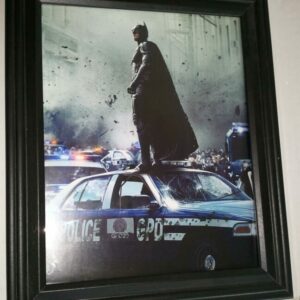
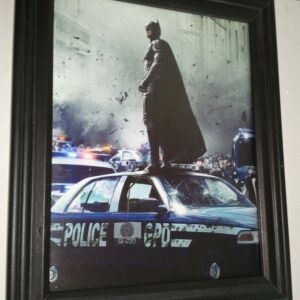
Batman Pin-up #123 FRAMED Christian Bale Police Car Dark Knight Rises Movie The
$99.99 Add to cart -
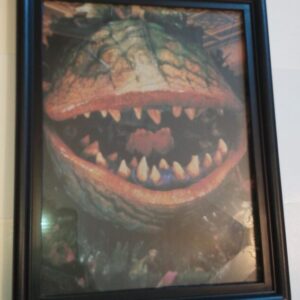
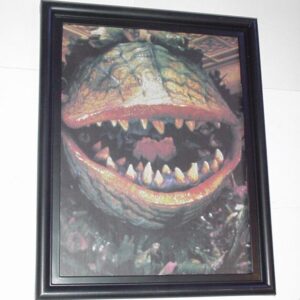
Little Shop of Horrors Pin-up # 2 FRAMED Audrey II
$44.99 Add to cart -
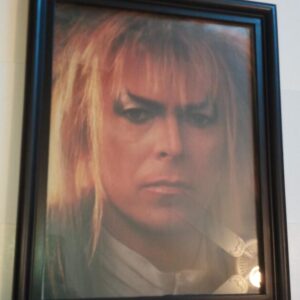
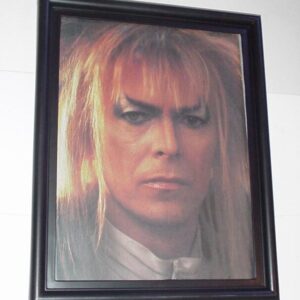
Labyrinth Pin-up # 1 FRAMED David Bowie Jareth the Goblin King
$59.99 Add to cart -
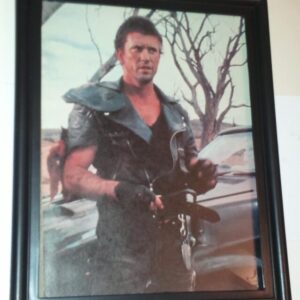

Mad Max Pin-up # 2 FRAMED Mel Gibson
$44.99 Add to cart
